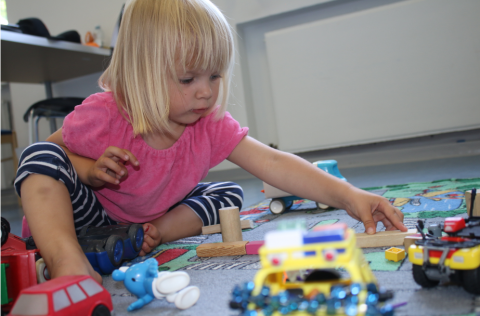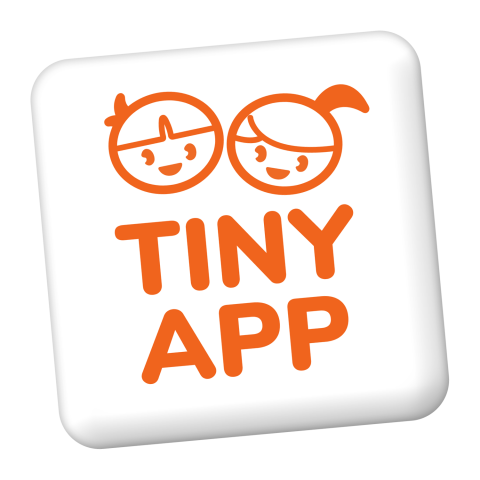Why snapping pictures is great but not enough in early childhood education
Early childhood education has several proven positive effects on a child’s learning and well-being. But it does matter what kind of early childhood education we offer. Being able to bring up positive results requires competent staff, reasonable size classrooms, and a curriculum that fits the child’s needs. Easier said than done, or what do you think?
Luckily, we are not left alone, and there are ways to achieve positive results even in a limited environment. One of the methods that have proven to influence positively to the operating culture and learning and well-being of the children is pedagogical documentation.
Pedagogical documentation is a powerful method to shape early childhood education to meet children’s needs. When done properly, it provides a mirror to the educator to reflect their actions, develop their expertise, and open the targets and methods to the parents too. Pedagogical documentation empowers educators to make their essential work visible. It helps the educators to “learn about the child and understand the relationships and patterns of action between the group of children and adults.”
So, what exactly is pedagogical documentation? It is a process where early childhood education is shaped based on the information and understanding received through documentation. It is not enough to only take pictures and videos of the child’s activities, but those should still be actively used as a resource to develop early childhood education. “Documentation will become pedagogical only when activities are planned and developed together with parents and children,” says Dr. Kati Rintakorpi. Through pedagogical documentation, we give the child an active role:
By documenting his activities and thinking, we are providing value to his own opinions.
Pedagogical documentation is seen as an essential operating model from the perspective of planning, implementing, evaluating, and developing early childhood education. It helps to produce meaningful information about children’s lives, development and thinking to support their learning and well-being. It is also a way to assess a child´s development and learning path.
Watch the interview of Kati Rintakorpi and find out what makes documenting pedagogical.
Check out how TinyApp could assist you in your daily work in the classroom and get you started with pedagogical documentation TinyApp, world’s smartest pedagogical assistant
Looking forward hearing from you!
TinyApp team
References:
Finnish National core curriculum for early childhood education and care 2016.
Rintakorpi, K. & Vihmari-Henttonen, E. Tää on meidän maailma! Pedagoginen dokumentointi varhaiskasvatuksessa. 2017.
